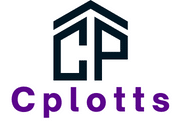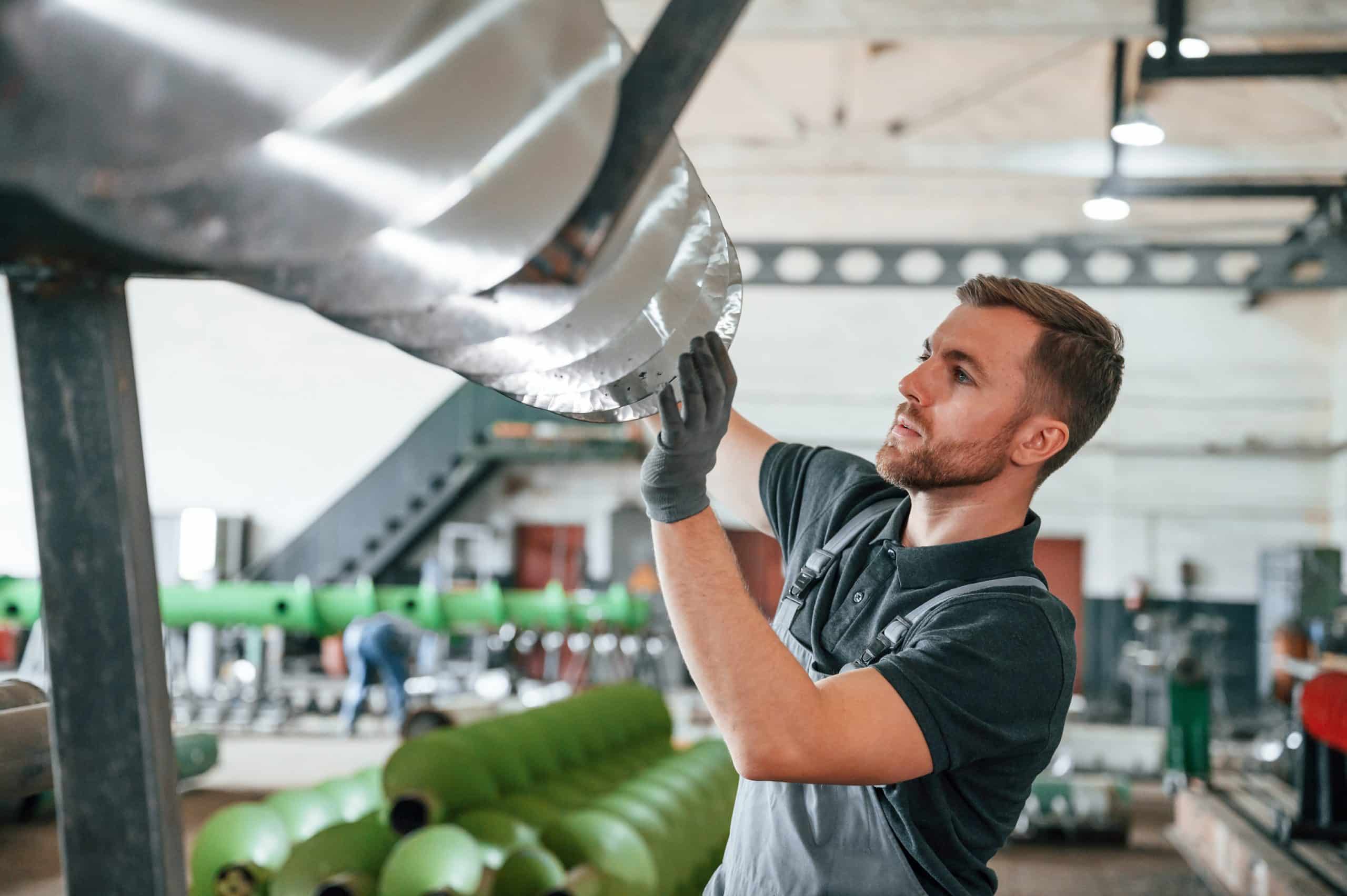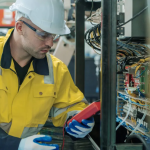Aquaculture in the United Kingdom is a vibrant industry that has experienced significant growth over recent years. This rise is largely due to the increased demand for seafood and new, innovative, and sustainable techniques in fish farming. With a focus towards sustainability, the sector attempts to balance the need for high-quality food production with the protection of our marine environment. Today, we explore the latest techniques in sustainable fish farming in the UK, delving into the world of water-based life forms, from salmon to lesser-known species.
Sustainable Aquaculture: An Imperative for Our Oceans
Aquaculture, or fish farming, involves the breeding, rearing, and harvesting of fish, shellfish, and other marine organisms in all types of water environments. While aquaculture is centuries old, new technologies and practices are transforming the industry, making it more sustainable and efficient.
Also to discover : Commercial table tops: durable options for business spaces
The need for sustainable practices in fish farming is more critical than ever before. With wild fish populations declining due to overfishing, habitat destruction, and climate change, aquaculture is stepping up to ensure that seafood remains a sustainable food source. But how is this done? Through a combination of innovative techniques, including species selection, sustainable feed production, and technological advancements.
Pioneering Species Selection: Opting for Sustainability
Choosing the right species to farm is a critical aspect of sustainable aquaculture. Certain types of fish are more suited to farming than others, and selecting these species can reduce the environmental impact of fish farms.
In the same genre : How porcelain stoneware enhances property value
In the UK, salmon is the most commonly farmed fish, but there is an increasing interest in farming non-traditional species. These alternative species can often be farmed in lower densities, reducing the risk of disease and lessening the need for antibiotics. Furthermore, farming a diverse range of species can help to protect against market fluctuations, ensuring a steady income for farmers.
Consider the cleaner fish, a group of species that includes wrasses and lumpfish. These fish have been introduced into salmon pens to feed on sea lice, a common parasite that inflicts damage on salmon farms. By using cleaner fish, farmers can reduce their reliance on pesticides, making this a more sustainable solution.
Sustainable Feed Production: A Key Element in Sustainable Fish Farming
Feed production in aquaculture can be an environmental challenge. Conventionally, fishmeal and fish oil are used in aquaculture diets, but these are derived from wild-caught fish, which is not a sustainable practice.
However, new research and technology have led to the development of sustainable feed options. This includes the use of plant-based ingredients, insect meal, and even lab-grown proteins. For instance, some farms are switching their salmon feed to one that includes a percentage of insects, which are high in protein and can be farmed with a low environmental footprint.
Another promising development is the use of algae-based feeds. Algae are fast-growing and rich in omega-3 fatty acids, which are beneficial for fish health and growth. Algae can also be grown on non-arable land, making them an excellent sustainable alternative to traditional fish feeds.
Leveraging Technology for Sustainable Growth
The use of technology in fish farming has been a game-changer for the industry. Innovations such as remote sensing, data analytics, and automation have enabled farmers to monitor and manage their farms more effectively.
For example, remote sensing technology can provide real-time data on water quality, fish health, and feed consumption. This helps farmers to make informed decisions, reducing waste and improving fish welfare.
Equally important is the use of recirculating aquaculture systems (RAS). These systems filter and recirculate water within the farm, reducing water use and preventing the discharge of waste into the environment. RAS also allows for the farming of fish in areas where traditional open-water farming is not possible, such as urban areas or deserts.
Environmentally Friendly Practices and Policies
While technology and innovative practices play a major role in sustainable fish farming, the implementation of environmentally friendly policies is equally important.
In the UK, aquaculture is governed by strict regulations to ensure that it does not harm the marine environment. For instance, fish farms are required to be located in areas with strong currents and deep water, which helps to disperse waste and reduce the impact on the sea floor.
Moreover, farmers are increasingly adopting best practice guidelines, such as the Aquaculture Stewardship Council’s standards for responsible aquaculture. These guidelines encourage farmers to minimise their impact on the environment, treat their fish well, and be good neighbours to those around them.
Sustainability is no longer just a trend in aquaculture; it is a necessity. With the right species, sustainable feed, advanced technology, and environmentally friendly practices, the future of sustainable fish farming in the UK looks promising.
Utilising Offshore Fish Farming Methodologies for Sustainability
Switching to offshore fish farming is another innovative practice being adopted in the UK to boost sustainable fishing. Unlike traditional nearshore fish farms, offshore farms are located several miles out to sea, where the water is deeper and currents are stronger. This environment is conducive for species such as Atlantic salmon and sea bass that thrive in such conditions.
The benefits of offshore farming are manifold. One core advantage is that it mitigates the risk of disease transmission between farmed fish and wild fish, reducing the need for antibiotics. Additionally, the stronger currents in offshore locations help disperse farm waste more effectively, lessening the environmental impact on marine ecosystems.
Moreover, offshore farming can also yield larger fish stocks. The vast open ocean provides more space for fish to grow, increasing the potential for higher food production. This method of fish farming is not without its challenges, including the higher costs of setting up and maintaining offshore farms and potential risks from severe weather conditions. However, with ongoing research and advancements in technology, these challenges are being mitigated, making offshore farming a promising option for sustainable aquaculture.
Land-Based Aquaculture Systems: An Alternative Pathway to Sustainability
A significant innovation in sustainable aquaculture in the UK is the use of land-based fish farming systems. In these systems, fish are raised in large, indoor tanks, allowing for a controlled and biosecure environment that eliminates the need for antibiotics and reduces the risk of disease outbreak.
Land-based fish farming also enables complete control over water quality and temperature, fostering optimal growing conditions for fish. Additionally, these systems reduce interactions with wild fish populations, mitigating the risk of disease transmission and escapees.
An added advantage of land-based systems is their potential to contribute to food security and sustainable blue economies in urban and landlocked areas. By enabling fish farming in locations far from traditional coastal fisheries, land-based systems can deliver fresh, local seafood to consumers, reducing transportation costs and associated carbon emissions.
Land-based farming, however, does come with its challenges, including high initial investment costs and energy use. But with continuous research and technological advancements, these challenges are being progressively addressed, affirming land-based systems as a viable and sustainable approach to fish farming.
Conclusion: Towards a Sustainable Future in Aquaculture
Aquaculture in the UK is undergoing a radical transformation, driven by the urgent need for sustainability. The latest techniques in sustainable fish farming are inherently diverse, encompassing species selection, sustainable feed production, technological innovation, offshore and land-based farming methods, and environmentally friendly practices and policies. Collectively, these techniques aim to strike a balance between the demands of high-quality food production and the protection of our marine environments.
Despite the challenges that lie ahead, including climatic changes and the pressures of growing food demand, the UK aquaculture industry is demonstrating its resilience and adaptability. With continued commitment to sustainability, investment in research and development, and adherence to strict environmental policies, the future of sustainable fish farming in the UK is indeed promising.
This progress is not just critical for the fishing industry but also for consumers and the environment. As consumers, we can support this shift towards sustainability by choosing responsibly farmed fish. As citizens, we can advocate for policies that protect our oceans and ensure long-term food security. Ultimately, sustainable aquaculture is a shared responsibility, and its successful realization will require concerted efforts from all stakeholders.











